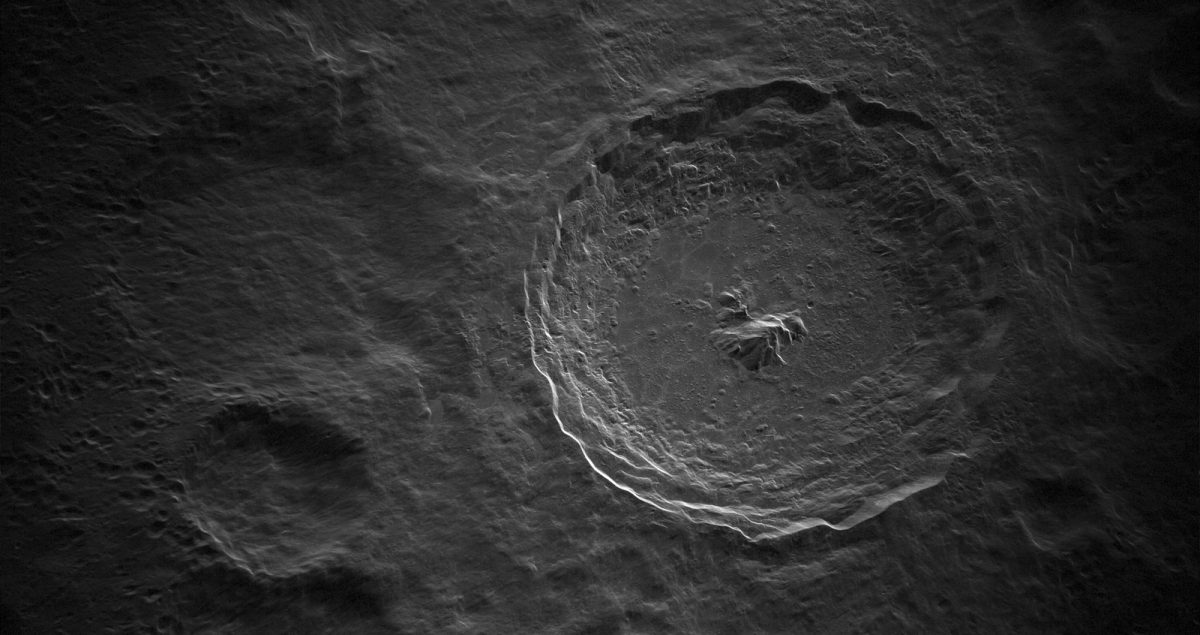The Moon is not really that far away from earth, if you consider the distance from Earth to other planets. Still, taking high resolution images of the Moon's surface from Earth has always been a challenge, even with modern equipment.

A team of researchers have created a prototype radar system that captured the highest resolution image of the Moon that has been captured from earth. The technology could pave the way for a new observation system on earth that could study planets, moons and asteroids in the Solar System.
The prototype, created by a "team of scientists and engineers used the National Science Foundation’s Green Bank Telescope (GBT) and Very Long Baseline Array (VLBA)" are tasked with the creation of a "high-power, next generation planetary radar system" for the Green Bank Telescope.
The prototype of the system is already operational, and it was used to produce "some of the highest resolution planetary radar images ever captured from Earth".
The prototype uses a low-power radar transmitter that operates "with up to 700 watts of output power at 13.9 GHz". The team of researchers and scientists tested the prototype by aiming it at the moon's surface.
The National Radio Astronomy Observatory's 25-meter VLBA antennas received the radar echoes and an image of Moon's Tycho crater was captured using the technology with a 5-meter resolution.
Work on the main system has already started. It is going to have nearly 1000 times the output power and sevearl times the waveform bandwidth as the prototype. The flagship system will be a 500 kilowatt planetary radar for the Green Bank Observatory that uses the VLBA and the future Next Generation Very Large Array as receivers.
The researchers believe that the system, once operational, will become a frontline of planetary defense, as it is "able to detect, track, and characterize potentially hazardous objects" that could crash with Earth.
With the prototype, the researchers were able to "zero in on an asteroid 2.1 million kilometers" away from Earth, which is more than five times the distance from Earth to Moon.
The new system would extend the time population on Earth has to react to space objects that are on confrontational course with Earth.
Besides using the new technology for planetary defense, researchers will also be using it for imaging purposes, and the physical and dynamical characterization of solar system objects".
Scientists are working on improving the software side of the project as well. Work is ongoing on advanced data reduction techniques and analysis tools.
Thank you for being a Ghacks reader. The post Radar Prototype captured highest resolution image of the Moon from Earth appeared first on gHacks Technology News.

0 Commentaires